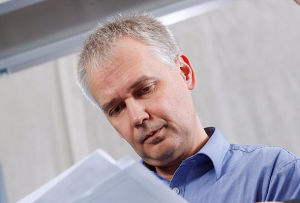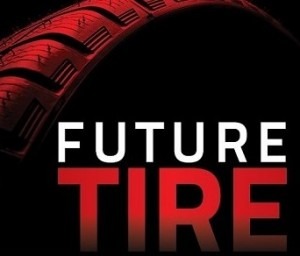Future Tire Conference: Q&A with Cimcorp technology director
ERJ: Please identify one significant development in the tire industry in the last 2-3 years, and explain its importance.
JA: From the automation supplier’s point of view, it is software. The importance of software, which integrates the production machines and material handling systems, is growing all the time. Automating the material flow and controlling the production process – from raw materials goods-in to the finished tire loading dock – raises productivity dramatically through smaller buffer stores and reduced work in process (WIP).
At Cimcorp we have our own software suite, including our warehouse control system (WCS) and manufacturing execution system (MES), which enables integration into one seamless operation.
ERJ: What do you see as the main obstacles to the development of the tire manufacturing industry in the coming years?
AJ: In an industry that is as established as tire manufacturing, it is difficult to introduce new ideas and implement change. However, it seems that the tire industry is changing faster than ever. Take, for example, the issue of data growth: the handling of data is becoming a hot topic due to autonomous vehicles, data service needs, big data and growing e-commerce. The data doesn’t only need to be managed in the manufacturing process, but along the whole supply chain. Many tire companies have manufacturing methods and production strategies that they have been following for decades. Cimcorp has created innovative solutions for the downstream processes – from tire building to shipping – and these new ideas have been very well received by our customers. New thinking is now required in the upstream processes – raw materials, mixing & compounding and component manufacturing – in tire plants.
ERJ: Which technologies will play the biggest role in shaping the ‘tire factory of the future’, and why?
AJ: Lean manufacturing is by no means a new concept, but it has still not been fully adopted by the tire industry. Cimcorp’s Dream Factory solution is based on lean manufacturing technology: using automation and intelligent software to provide total control of the material and data flow. In lean manufacturing the focus is upon improving the ‘flow’ – or smoothness – of work and eliminating all kinds of waste. In tire manufacturing, the result is smaller production buffers and minimised waiting times, meaning 100% availability of all materials at every production machine.
ERJ: How important is the software aspect here?
Intelligent and powerful software is the key element in the ‘tire factory of the future’. In addition to the benefits mentioned above, it improves the transparency of the production process, paving the way for further enhancement and development in the future. However, IIoT and Industry 4.0 will be the most important factors in shaping the industry in the years ahead.
In the future, tires will communicate with the control system of an autonomous vehicle, sensing road and weather conditions and adapting to them. They will also monitor wear, as well as tire pressure and temperature. What if tire factories were autonomous? What if plants could organise their production autonomously and communicate with each other to optimise overall output? Automation and digitalisation can improve efficiency and cut costs in tire manufacturing.
ERJ: What major changes do you expect to see in tire manufacture and supply over the next few years?
AJ: At Cimcorp we have seen that streamlining tire production through the use of our modular plant structure, process control and robotic systems has improved productivity dramatically at many tire plants. We are sure this trend will continue.
A key concept that we see on the rise today is modularity; there needs to be a shift in management thinking to realise that you don’t need to establish a huge tire plant all at once. You can build new capacity – by adding production lines – in a modular, step-by-step fashion. This is the philosophy behind Cimcorp’s Dream Factory solution; it maximises the manufacturing capacity of each production machine due to just-in-time (JIT) operation.
JIT and lean manufacturing will truly break through and enable streamlined production, higher utilisation rates and minimised buffer stores, resulting in maximum productivity.
This article is only available to subscribers - subscribe today
Subscribe for unlimited access. A subscription to European Rubber Journal includes:
- Every issue of European Rubber Journal (6 issues) including Special Reports & Maps.
- Unlimited access to ERJ articles online
- Daily email newsletter – the latest news direct to your inbox
- Access to the ERJ online archive






